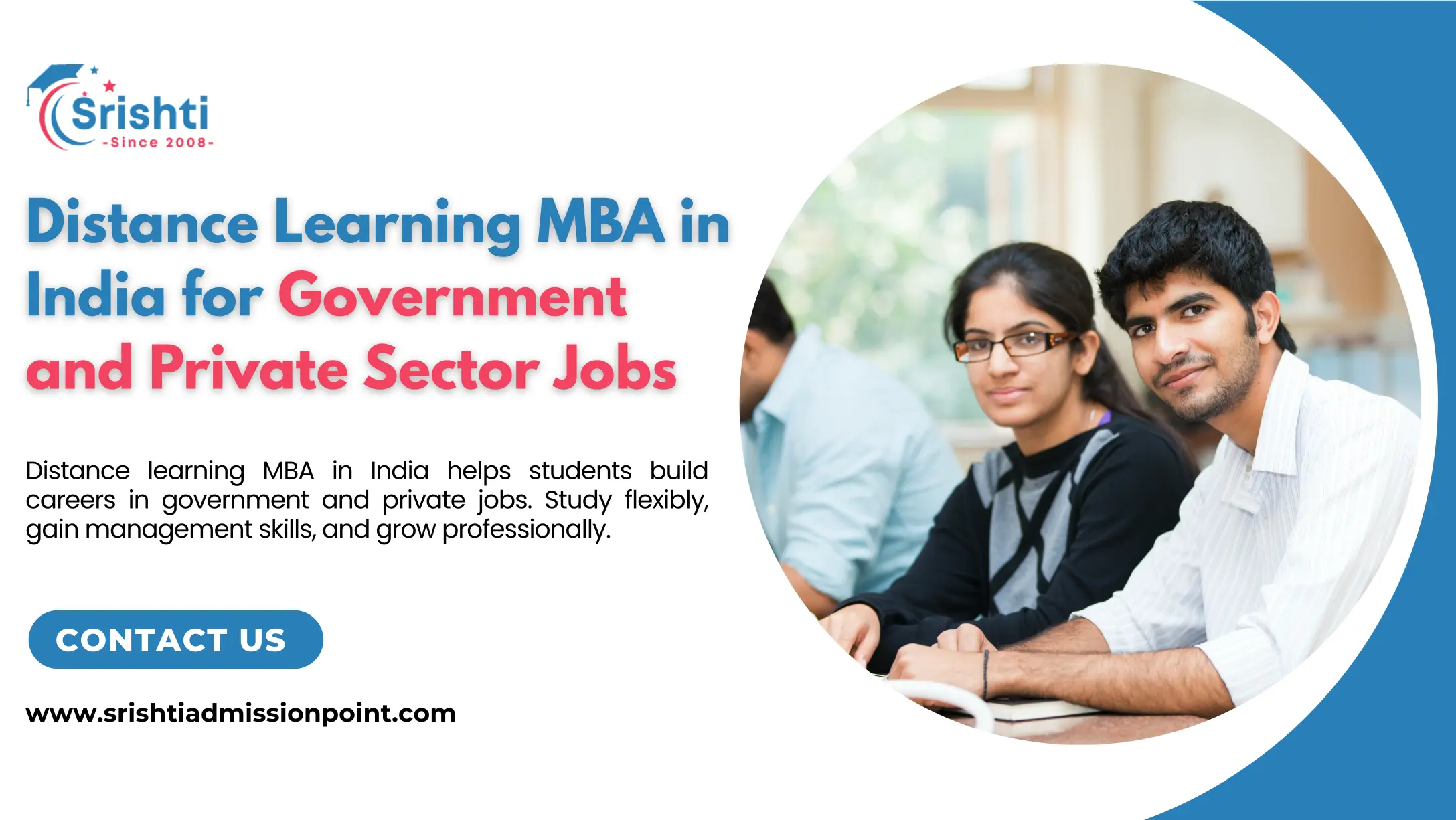
Choosing the right B.Ed course in Delhi in 2026 is an essential decision for anyone aspiring to become a teacher. With the constantly evolving education system, new teaching methodologies, and the emphasis on skill-based learning introduced under the National Education Policy (NEP), it has become crucial to select a course that not only meets academic standards but also prepares you for the real demands of the classroom.
Delhi, being a central hub for quality education, offers a variety of options in B.Ed programs. However, making the best choice requires careful consideration of multiple factors.
Know Your Career Goals Before You Begin
Understanding your career goals is the first step toward choosing the right B.Ed course. Whether you wish to teach at the primary or secondary level, or you're planning to apply for government or private institutions, clarity about your direction helps filter the right colleges and programs.
If you're aiming for higher education after B.Ed., such as M.Ed. or NET qualification, then selecting a college with strong academic support becomes even more critical. Knowing what you want to achieve after completing the course ensures that the path you take aligns well with your long-term vision.
Verify Recognition and Affiliation
One of the most important aspects of choosing a B.Ed course is verifying whether the institution is officially recognized and affiliated.
Colleges that are approved by the National Council for Teacher Education (NCTE) and are affiliated with reputed universities such as Delhi University, IP University, or Chaudhary Charan Singh University offer assurance of quality education and a standardized curriculum.
Such recognition ensures that the degree you earn will be valid for future employment opportunities and further studies.
Understand the Admission Process
Different institutions in Delhi have different admission processes. Some conduct entrance exams, while others offer merit-based admission depending on graduation marks.
Keeping track of admission notices and eligibility criteria is essential. Most universities publish their application timelines and guidelines well in advance, so staying informed about the required documents and steps involved helps you apply efficiently and on time.
Being well-prepared avoids last-minute hassles and increases your chances of securing a seat in a good college.
Evaluate the Course Curriculum
The curriculum of the B.Ed. course plays a crucial role in preparing you for your teaching career. In 2026, the focus has shifted towards a more practical and skill-based learning experience.
A well-structured curriculum should offer a blend of foundational theories in education, child psychology, teaching methodology, and modern classroom management techniques.
In addition to academic knowledge, training in inclusive education and digital tools used in classrooms is becoming more prominent. This kind of curriculum makes you ready not only for physical classrooms but also for hybrid and online teaching environments.
Practical Training and Teaching Exposure
Practical training is a key component of any good B.Ed. course. Classroom-based learning needs to be complemented with real-life teaching experiences through internships and practice teaching sessions.
Colleges that offer consistent exposure to actual school environments help students build confidence and teaching skills. Such internships often include guided sessions, observation periods, lesson planning, and real teaching practice in schools.
This exposure to real classrooms enhances your ability to handle diverse student needs, maintain discipline, and deliver lessons effectively.
Quality of Faculty and Academic Support
The experience and qualifications of the faculty directly impact the quality of education you receive. A good B.Ed. college should have educators who are well-qualified, experienced, and active in the field of research and teacher training.
Faculty members who regularly conduct workshops, attend educational seminars, or publish academic papers bring updated knowledge and dynamic teaching styles into the classroom.
Additionally, a strong student-teacher support system, including mentorship and academic guidance, helps students stay on track throughout the course duration.
Availability of Infrastructure and Learning Resources
A good academic environment is supported by strong infrastructure and access to learning resources.
B.Ed colleges in Delhi that offer modern classrooms, well-equipped laboratories, libraries with updated books and journals, and access to digital learning platforms create a more engaging and productive learning experience.
Facilities like a psychology lab, language lab, and ICT lab are also crucial in helping students gain practical knowledge. These learning resources reflect the college's commitment to comprehensive teacher education and professional development.
Emphasis on Technology and Modern Teaching Tools
In 2026, technology is no longer optional in education. The best B.Ed courses now include training in digital tools used in classrooms. From interactive whiteboards to online assessment systems, educators are expected to be tech-savvy.
Colleges that train students in using educational software, managing online classes, and creating digital content give their students a competitive edge in the modern teaching environment.
This prepares you for both traditional classroom roles and roles in online or hybrid educational settings.
Consider the Campus Location and Environment
The physical location of the college can also influence your daily routine and learning experience. A centrally located college in Delhi with easy access to public transport like the metro and buses adds convenience to your daily travel.
In addition, the overall environment of the campus matters — a safe, quiet, and student-friendly atmosphere contributes to better focus and academic discipline.
Institutions that offer additional facilities like hostels, study centers, and student activity areas provide a more holistic educational experience.
Check Placement Assistance and Career Services
While many students prepare for government teacher eligibility exams like CTET or DSSSB after their B.Ed., a college that also supports placement in private schools or educational institutions adds significant value.
Some colleges have tie-ups with schools and NGOs that regularly recruit trained teachers. Colleges that offer career counseling, resume building sessions, interview preparation, and demo teaching workshops can significantly improve your confidence and job-readiness after completing the course.
Get Feedback from Students and Alumni
Sometimes, the best insights come from those who have already experienced the course. Reaching out to current students or alumni of the B.Ed college you're considering can give you honest feedback about the learning environment, faculty support, internships, and job prospects.
Student reviews on online platforms, video testimonials, and alum networks can be a great source of authentic information. These first-hand experiences can help you make a more informed decision.
Stay Updated with Admission Dates and Notifications
With multiple universities and colleges offering B.Ed courses in Delhi, staying updated with the latest admission notifications is crucial. Most colleges release their admission schedules, entrance exam dates, and counseling rounds on their official websites.
Being proactive in checking these updates ensures you don't miss deadlines and gives you ample time to prepare all necessary documents and requirements. Subscribing to official notifications or regularly checking trusted education portals is a good practice.
Conclusion
Choosing the best B.Ed course in Delhi in 2026 is not just about picking a college; it's about investing in your future as an educator. A strong teacher education program lays the foundation for a successful and fulfilling teaching career.
By focusing on your goals, verifying recognition, evaluating curriculum, and ensuring the college offers practical exposure and academic support, you can make an informed and confident decision.
The teaching profession is not only noble but also transformative. Start your journey by choosing the course that prepares you to inspire and lead future generations in the classroom.
Recent Post








